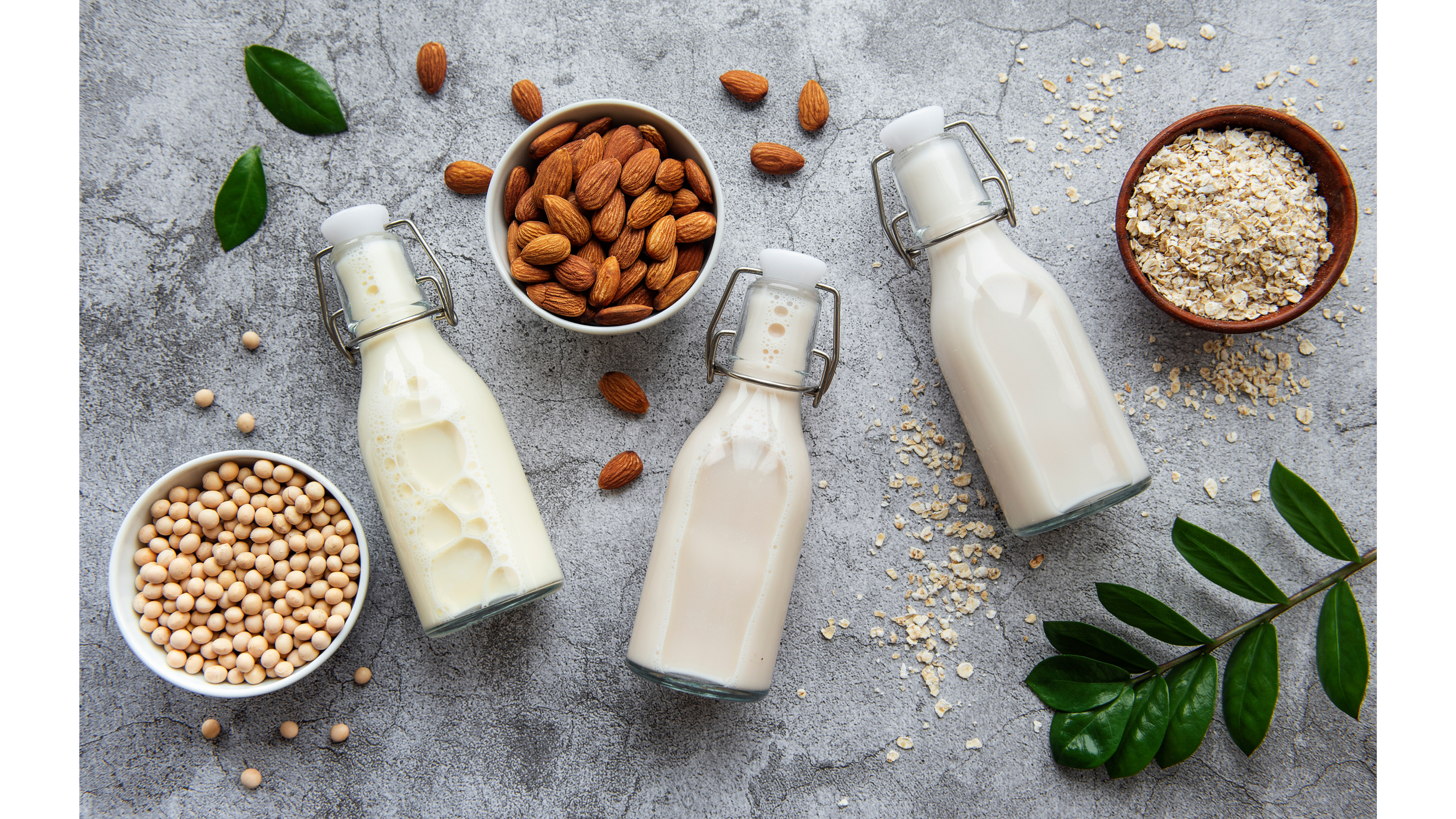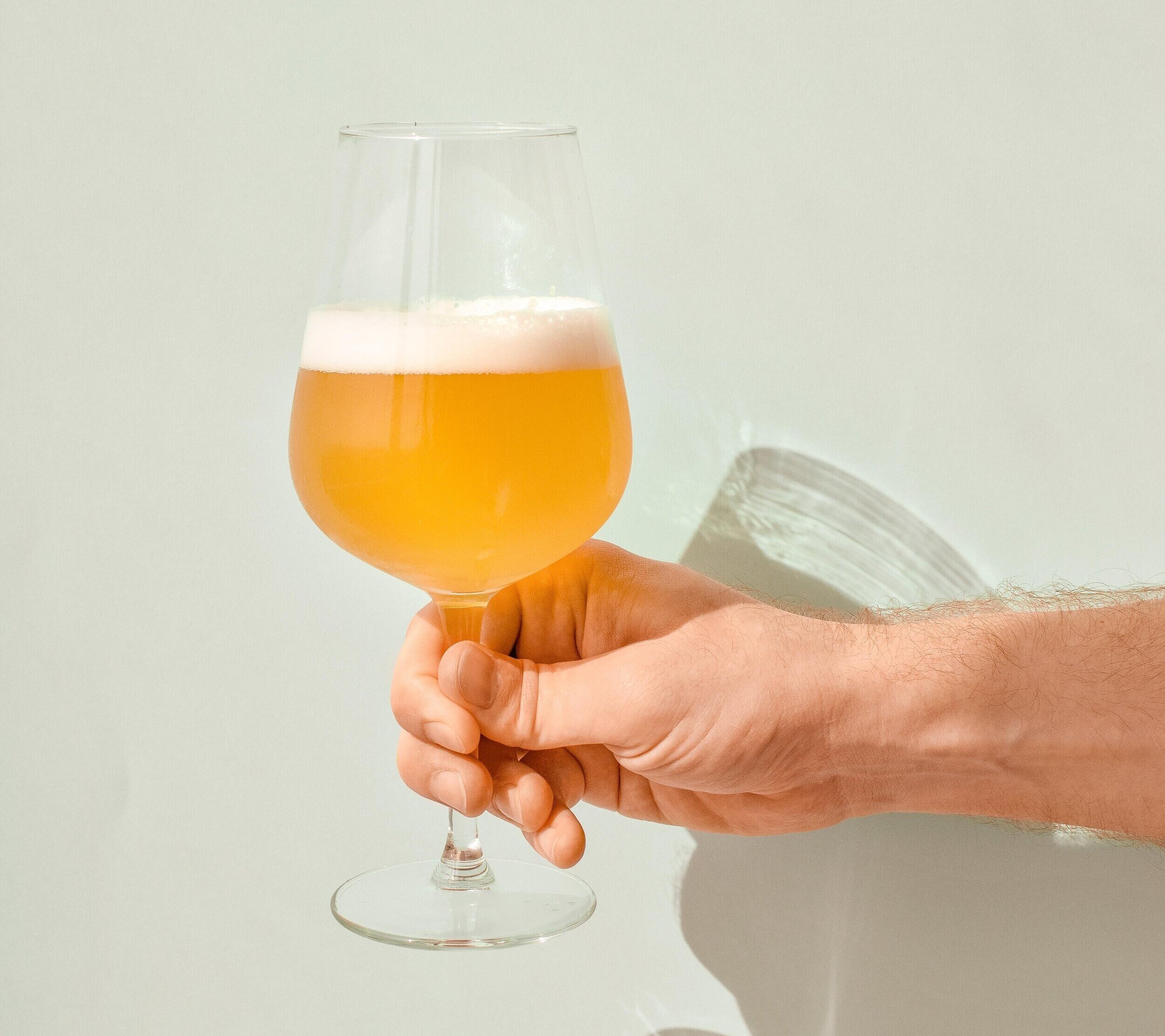
Insights
We have a lot to say about food, science, and technologies in development. These articles are just the tip of the iceberg. Read our most recent thoughts on the state of the industry and more.

All Articles
Featured Articles

Bio-based Textiles, State of the Industry 2023
Bio-based textiles are the leathers, wools, silks, and down made from bacteria, fungi, and plants rather than their typical animal source. Through a combination of biomimicry and knowledge of the biological structures and composition of the animal-derived materials, startups in the space work to experiment with new bioprocesses and different organisms and material streams to create these textiles in various ways, while established clothing and automotive companies look to integrate these new materials into their current production processes.

Green Chemicals, State of the Industry 2023
Green chemistry is a design methodology that aims to create chemical compounds with minimal negative impacts on the health of both the environmental and human populations. In other words, green chemistry solutions are attempts to create chemicals needed for various industries but in a way that promotes sustainability and environmental safety first.

Egg Alternatives, 2023 State of the Industry
Chicken eggs remain a popular food and an inexpensive source of several nutrients needed in the human diet. Structurally, a typical egg is 30% yolk and 60% egg white, each containing a distinct combination of proteins, carbohydrates, and lipids.

Milk Alternatives, 2023 State of the Industry
As the animal-free dairy industry continues to innovate plant-based milk, it is also embracing biotechnology, namely precision fermentation and cell culture, to create products that better recapitulate the taste, flavor, nutrition, and functionality of animal-derived milk. The technological, regulatory, and commercial successes from the last ten years hold promise for future animal-free milk products.

Cheese Alternatives, 2023 State of the Industry
The number of alternatives to animal-derived cheese is quickly growing, and new technologies are allowing for the creation of a diverse range of both plant-based and precision-fermentation-produced cheeses.

Oleogels and tasty cells
What is an oleogel? Oleogels may be thought of as the fatty counterparts to hydrogels, which are more familiar than one might think. Hydrogels are classified as substances whose bulk material is made up mostly of water (~90%) and are “solidified” by dissolving some coagulating agent such as gelatin that subsequently forms a mesh with itself to provide structure to the gel. I am sure that many readers here are familiar with such a substance from a common childhood snack called JELL-O.

Sensitivity and Scenario Analysis
Sensitivity & scenario analyses are versatile — they are used to assess and predict the outcomes of any project, situation, or process that can be modeled quantitatively. At Helikon, we use our industry-specific knowledge to conduct sensitivity and scenario analyses of specialized bioprocesses, including those used by cell-based meat and precision fermentation companies. We can work with company R&D data to create company-specific bioprocess models that can demonstrate both current and future bioprocess capabilities.

Regulation of new food ingredients: Is it GRAS?
In the US, any new food ingredient is subject to premarket FDA approval via a Food Additive Petition unless it is generally recognized as safe (GRAS) by qualified experts for its intended use or it does not meet the definition of a food additive (such as color additives)

Cell-cultured food products: US co-regulatory framework & path towards establishing a labeling standard
Cellular agriculture companies are sprinting to develop cell-cultured meat or meat derived from growing animal cells in laboratories. Before these new foods get to our plate, however, manufacturers will need to demonstrate that both the manufacturing process and final cell-cultured product satisfy labeling & regulatory requirements and meet the necessary safety standards

Synthetic biology to solve sensitive diet restrictions
The rapidly expanding engineered food market is gaining a lot of buzz, both with investors and future consumers. This excitement for the future of food comes with good reason. The general public views these emerging technologies as exciting because they are poised to contribute positively in addressing several key issues facing global society today

Metabolic Engineering: Cannabinoids
Historically, the dialogue surrounding the production and sale of cannabis has been heated and divisive. Supporters of legalization often tout its perceived health benefits while opponents claim that it hurts people and society. Regardless, states move forward by continuing to lift restrictions on the sale of cannabis and the federal government begins to discuss regulating and taxing it.

Meat Without Animals: Exploring Public Policy Around Food Made with Cultured Animal Cells - Commentary and Conversation on the CFA’s Latest Panel
Watching the debate between Jessica Almy, Isha Datar, Tom Neltner, and Jim Thomas at the Consumer Federation of America “Meat Without Animals: Exploring Public Policy Around Food Made with Cultured Cells” was unlike any other panel I had tuned into in the space of cellular agriculture. I am likely to find discussions where all panelists agree that cell ag is a step forward as a solution to climate change, food security, and our faltering food system, if not a completely revolutionary idea.

A Brand New Beer: The Implications of GMO Yeast
Beer is America’s favorite alcohol, with 42% of drinkers stating that they prefer beer to wine (34%)1. In its oldest form, beer can be traced back multiple millennia and in its many variations have been popular throughout recorded history. The beers most of us are familiar with today likely contain the following ingredients: water, malt, hops and yeast.

Plant Based and Mediterranean Diets Strengthen Microbiome and Create Protection Against Heart Disease: A Stanford Study
Few novel scientific fields have captured the imagination of the public as much as the gut microbiome. Every week new evidence emerges of how the microorganisms living in our gut affect human health, from type 2 diabetes to depression. In turn, our behavior can affect our gut microbiome, from medication use to diet.

The Integration of Adipocytes into 3D Meat
Texture is one component of consumer acceptance that has lagged compared to traditional products, and is rated one of the most important aspects of consumer acceptance for meat. Scaffolds are essential for the shape of cultured meat and plant-based products; they are the framework.

Regulation in the Cosmetics Industry: Controlling our Diet for Food-Based Cosmetics
You are what you eat, or in the case for “clean” cosmetics, you are what you put on your body. But the original saying might still be apt, as more and more it seems like “superfoods'' and naturally-derived ingredients have become a key selling point for beauty products and brands, especially from newer, smaller companies looking to compete with big beauty brands.

State of the Industry Business to Business Marketing Model Could Strengthen Cellular Agriculture: Scalability & Investing in Ingredients
The market for alternative proteins is one of the fastest up and coming markets today. According to the Good Food Institute, fermentation technology companies alone have garnered a $435 million investment in 2020 despite the coronavirus pandemic, and before the end of the calendar year. This is a 58% jump from 2019, which saw a $274 million investment in the field. This number expands to a $1.5 billion investment in alternative proteins more broadly, in 2020.

On the Horizon: The integration of adipocytes into 3D cultured meat
Fat is a key component of a flavorful and juicy piece of meat. In a study done by Kerry, taste takes precedence: 73% of consumers surveyed named it as a must have feature for alternative protein. Healthy fats are also an accepted and sought after component of a comprehensive diet, after years of “low-fat” products. Most species-specific flavors are attributed to the profile of fatty acids in the meat and also lipophilic, or fat-soluble, components.

Nutritional Enhancement of Cultivated Meat
The advent of conventional meat alternatives, both plant and cell-based, has sparked conversation around the potential to fine-tune and enhance nutritional content. As reports suggest that one-third of the United States population is deficient in at least one vitamin or mineral despite exceeding caloric intake recommendations, novel solutions for micronutrient supplementation of cultured meat products are being be explored 1.

Processing of Proteins for Plant Based Meat: Current Approaches and Recent Innovations
The vast majority of commercialized alternative meat products are based on wheat and soy protein concentrate (70% protein) or isolate (90% protein) due to the wide availability of these materials as byproducts of other large industries [1,2]. Since commercially available protein isolates are created through processes best suited for the initial industry, they are poorly optimized for application to plant-based meat products.